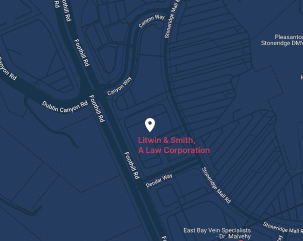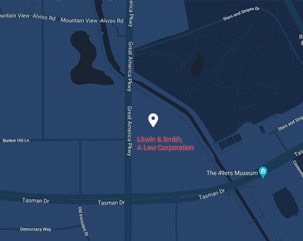The Department of Homeland Security (DHS) and U.S. Citizenship and Immigration Services (USCIS) has settled a lawsuit that could ease burdens on H-1B and L-1 visa recipients and their families. The recent settlement of Edakunni v. Mayorkas could significantly reduce work authorization processing times for spouses of these visa beneficiaries.
The case focused on the 2019 decision to “unbundle” the adjudication of I-539 and I-765 petitions from that of I-129 petitions. This decision was made by the Trump administration and has been interpreted as an attempt to reduce the number of foreign nationals who can work in the U.S. By unbundling the adjudication of these petitions, the spouse of a worker approved for an H-1B or L-1 visa would not automatically receive their work authorization if the I-129 petition was approved.
This decision had many other impacts on the immigration system, as well. Unbundling adjudication increased the workload for immigration officials since I-539 and I-765 petitions had to be considered independently. As a result, processing times across many parts of the system increased significantly. In some cases, spouses of H-1B and L-1 beneficiaries had to wait more than a year to have their work authorization approved or reinstated.
These delays seriously limited families of visa beneficiaries from finding work in the U.S. As such, a collection of these spouses filed a class action lawsuit against the DHS, requesting that this unbundling decision be reversed. As of January 19th, 2023, the DHS has settled the lawsuit by allowing USCIS to return to bundling adjudication of I-539, I-765, and I-129 forms if they are properly filed.
The Impact of Work Authorizations for Visa Holders
Work authorizations are critical for many visa holders. Without an appropriate authorization document, the foreign national has no legal right to work in the U.S. People who intend to remain in the U.S. for months or years on a nonimmigrant visa frequently require these authorizations to survive.
This is why the months- or even years-long delays caused by unbundling of I-765 petitions were such a problem. Many H-1B visa beneficiaries have spouses and children they need to support. While the employers sponsoring these workers are obligated to prove they are offering fair pay, in many parts of the country, a single income is not enough to comfortably support a family. Furthermore, many spouses of H-1B beneficiaries are well-educated professionals and want to continue advancing their careers.
This is why the delay in adjudicating work authorizations was such a problem. Spouses of new applicants often struggled to receive authorization and had to wait months before they could begin working. Meanwhile, those who had already received work authorizations previously often had them expire and were forced to stop working temporarily or even quit their jobs while waiting for the approval to be renewed.
This made H-1B visas less desirable for many qualified foreign nationals. Potential immigrants with families could be more hesitant to accept H-1B offers, knowing that they would jeopardize their spouse’s careers and potentially face a precarious single-income financial situation for months after they moved.
However, the settlement has solved these complaints. Both new applicants and those extending their visas will have accompanying I-765 forms adjudicated in tandem with their I-129 petitions. This should reverse the trend of unnecessary delays in spousal work authorizations and reduce overall processing times for many aspects of immigration. Furthermore, it should return the H-1B visa to its previous status as one of the most desirable visas for qualified foreign nationals looking to move to the U.S.
Preparing Effective H-1B Applications for Workers With Families
The settlement does not remove the need for spouses of H-1B beneficiaries to receive work authorization before finding local employment. It also specifies that “USCIS will not bundle the adjudications of Forms I-539 and I-765 if not properly filed together with the underlying Form I-129.” In other words, work authorization delays will remain the norm if sponsors do not file the petitions correctly. As such, it is critical for employers sponsoring workers with families to understand the process.
The most effective way to accomplish this is by consulting skilled employment immigration attorneys such as the team at Litwin & Smith. Our firm has more than 50 years of experience assisting businesses and families with their immigration needs. Learn more about how we can support you by scheduling your consultation today.

